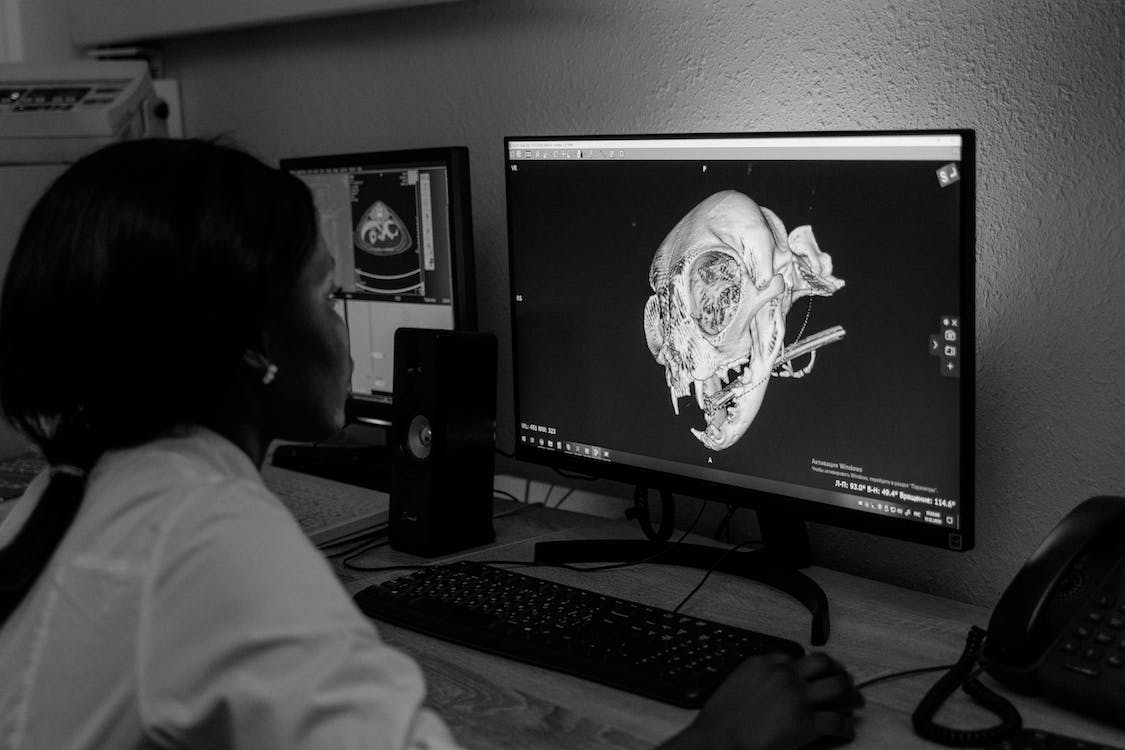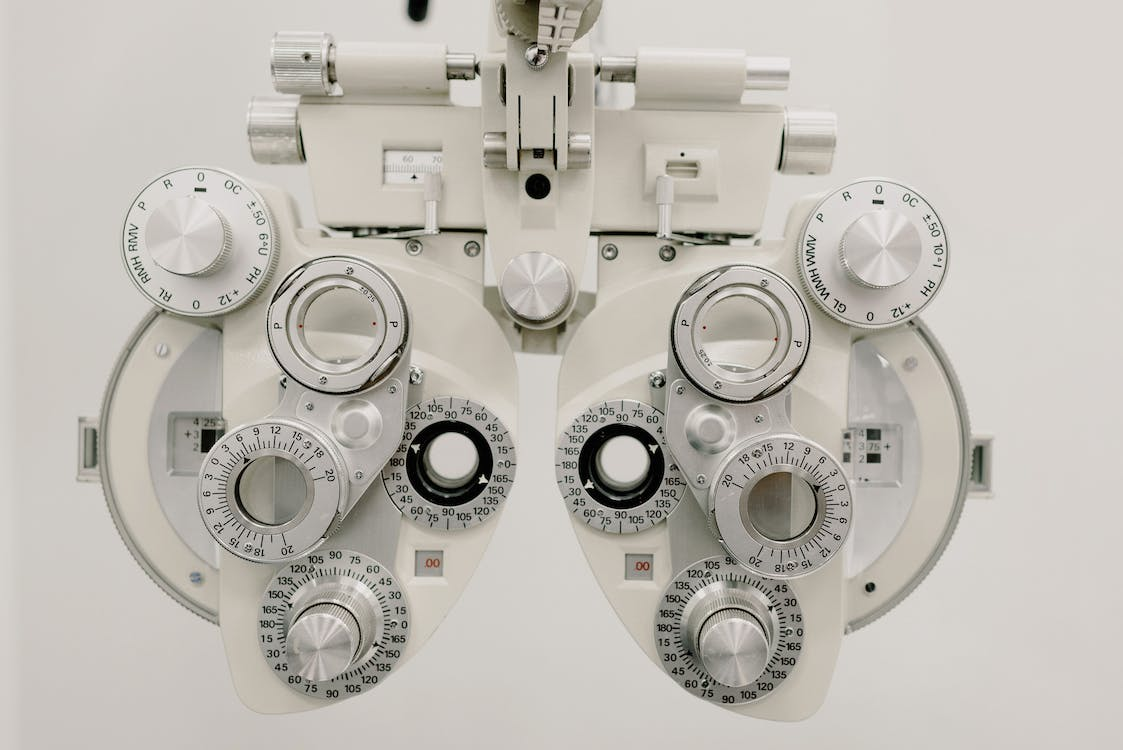If you’re working in the healthcare industry, especially in the medical device manufacturing sector, you know how essential it is to ensure the products are practical, easy to use, safe, and reliable for the end user. And one way to ensure that is by attaining ISO 13845 certification.
This ISO standard is a globally recognized standard that sets the guidelines for a quality management system (QMS) specifically for the medical device industry. It covers everything from design and development to production, design control, and post-market surveillance.
In this blog, our ISO certification consultants will closely look at ISO 13845 certification and why medical device manufacturers should acquire it.
What Is ISO 13845 Certification?
This ISO certification ensures that medical devices meet regulatory and customer requirements and are safe and effective for the user. This ISO standard is published by the International Organization for Standardization (ISO). It’s based on the framework of ISO 9001 quality management system standard, but it was specifically tailored to fit the requirements of the healthcare industry.
Purpose Of This Certification
This ISO 13845 certification provides a framework for a comprehensive QMS to identify the specific needs of medical device manufacturers. It outlines the guidelines and requirements for a system that allows manufacturers to produce high-quality medical devices while keeping the customer’s requirements and regulatory procedures in mind. If your organization implements a QMS based on ISO 13845, you can rest assured that you’ll demonstrate your commitment to patient safety and quality in the global market.
Requirements And Guidelines
ISO 13485 includes various requirements and guidelines for quality management systems in the medical device industry. These include:
· Design Control
This ISO certification standard mandates manufacturers to establish and maintain a design control process that includes designing, planning, validating, and verifying medical devices to ensure that the devices are easy-to-use, reliable, and meet regulatory requirements.
· Post-Market Surveillance
Establishing and maintaining a post-market surveillance process to monitor and observe the performance and safety of medical devices after they’re on the market is also an essential part of the ISO 13845 standard. This allows manufacturers to ensure that their medical devices meet regulatory and customer requirements and that any problems that arise are addressed immediately.
· Document Control
Medical device manufacturers also need to establish a document control process so that various documents, such as policies, procedures, and records, are accessible, current, and accurate. This ensures that QMS is effective and can be regularly improved and audited.
· Risk Management
A risk management process allows manufacturers to identify and mitigate the potential risks and hazards that could impact the effectiveness and safety of medical devices. Implementing this process ensures that the devices meet all the regulatory guidelines and that the potential for liability and costly product recalls is minimized, ultimately improving product quality.
Benefits Of ISO 13845 Certification
1. Minimization Of Product Recalls And Liability
ISO certification consultants believe that one of the key benefits of this ISO certification is the minimization of product recalls and liability. Implementing a robust risk management process and maintaining compliance with ISO standards enables organizations and businesses to identify and navigate the potential risks and hazards of product recalls, which can lead to financial and reputational loss.
Additionally, demonstrating compliance with ISO 13845 standards also helps organizations reduce their liability in any product injury or malfunction that occurs, as it shows that the manufacturing company has taken reasonable and necessary steps to ensure the quality and safety of their devices.
2. Increased Customer And Stakeholder Confidence
ISO 13485 standards can help increase customer and stakeholder confidence in a medical device manufacturing business by offering assurance that the company has implemented a strong QMS and is committed to meeting the guidelines of the standard. This can lead to increased trust in the organization and its products, leading to increased sales and customer loyalty.
In addition, having ISO 13485 certification can also show the stakeholders, such as insurers, investors, and regulatory bodies, that the organization is dedicated to safety and quality and follows industry standards, leading to increased trust in the organization and its products.
3. Facilitation Of International Market Access
ISO 13845 standards can facilitate access to the international market for medical device manufacturers. ISO 13845 certification is recognized internationally as a benchmark for QMS in the medical device sector. Many countries strongly prefer or mandate medical devices to be manufactured following ISO 13485 as a requirement for market access.
Furthermore, certification to ISO 13485 can also be used as a basis for regulatory compliance in multiple jurisdictions, reducing the need for multiple certifications and ultimately reducing the overall costs and time associated with gaining market access. Meeting the ISO 13845 standards also demonstrates that a business has met all the customer and business stakeholder requirements recognized internationally, making the business more attractive to new international customers.
The Consequences Of Not Attaining ISO 13485 Certification
Not attaining ISO 13485 certification can have significant consequences for medical device manufacturers. Some of the main consequences include the following:
1. Difficulty In Obtaining Regulatory Approvals
Many regions and countries prefer or require medical devices manufactured per ISO 13485. Without ISO certification, manufacturers may find it difficult to sell their products and obtain regulatory approvals to market.
2. Limited Market Access
If manufacturers cannot sell their products in certain well-known countries, their access to the international market will be limited, reducing their potential revenue.
3. Reduced Credibility And Reputation
Not attaining ISO 13485 certification can reduce the credibility of their products and damage a manufacturer’s reputation. Customers and regulatory bodies, including investors and insurers, may question the safety and effectiveness of products that are not certified.
4. Inability To Ensure Quality Control
Not attaining ISO 13485 certification means the manufacturer may not have implemented a robust QMS to ensure the safety and effectiveness of their products.
5. Difficulty In Passing Audits
ISO 13485 certification is often required by various regulatory bodies to pass their inspections and audits. Without certification, manufacturers may face difficulty passing these audits, which may result in penalties or even cessation of operations.
The qualified ISO certification consultants at BCS can help you acquire ISO 13845 certification without hassle. We understand the best practices and requirements of the healthcare industry and can help you establish an effective QMS in no time.
Other ISO certifications that we offer include
- ISO 9001 Cetification
- ISO 14001 Certification
- ISO 45001 Certification
- API Q1
- AS9100
Have more questions? Reach out to us today.




